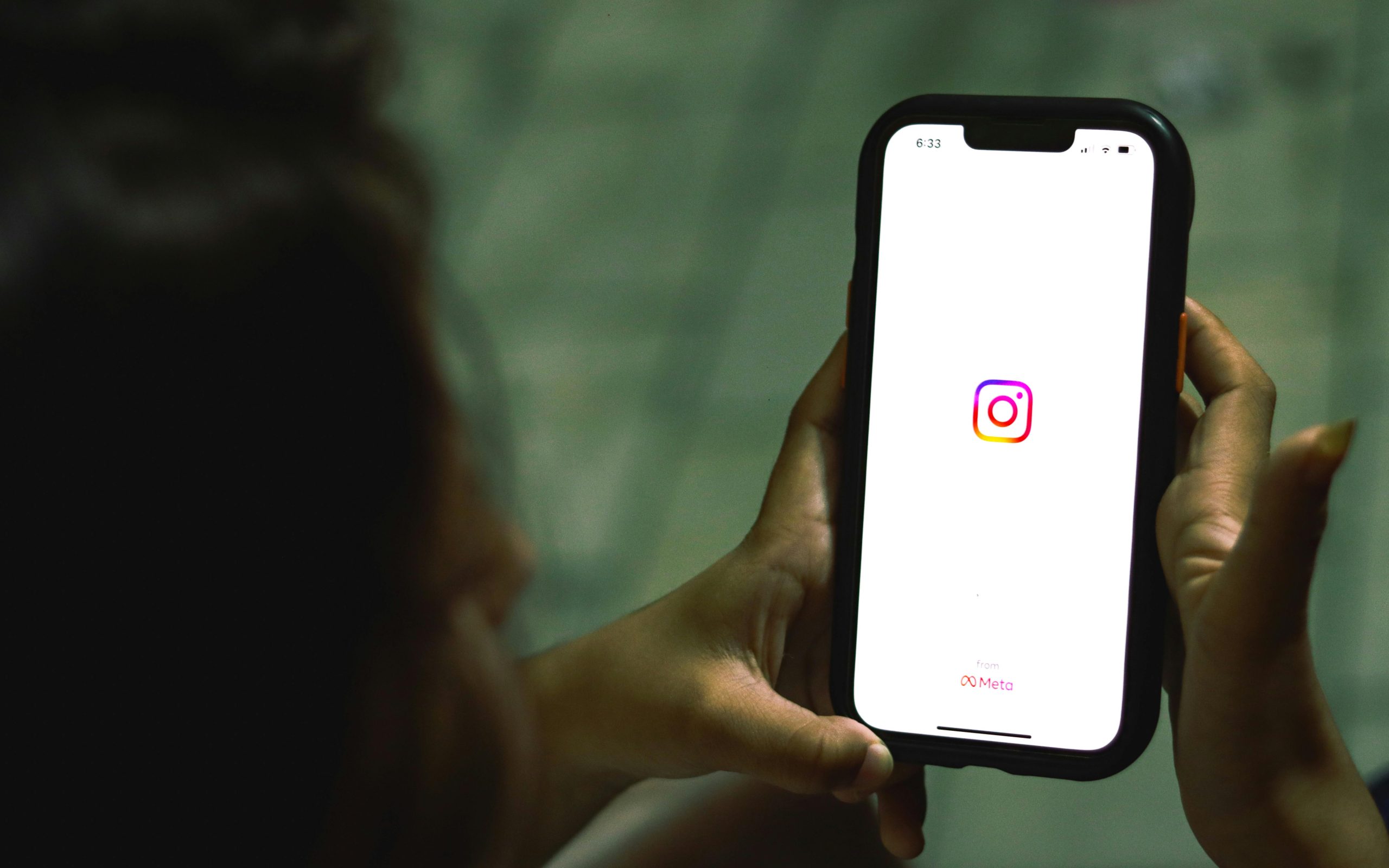In today’s hyper-connected world, social media has become an integral part of our daily lives. While it offers countless benefits—staying in touch with friends, networking, and entertainment—it can also lead to unhealthy habits. Social media addiction is a growing concern, affecting mental health, productivity, and relationships. Recognizing the warning signs early and taking proactive steps to break free can help restore balance and well-being.
Warning Signs of Social Media Addiction
Social media addiction isn’t always easy to spot, especially when scrolling has become second nature. Here are some key indicators that your usage may be crossing into unhealthy territory:
- Compulsive Checking: Feeling the urge to check social media constantly, even during meals, work, or conversations.
- Neglecting Responsibilities: Missing deadlines, skipping chores, or ignoring real-life commitments because of excessive screen time.
- Mood Swings: Experiencing anxiety, irritability, or sadness when unable to access social media.
- Comparison Fatigue: Feeling inadequate or envious after seeing others’ posts, leading to low self-esteem.
- Sleep Disruptions: Staying up late or waking up to scroll, resulting in poor sleep quality.
If these signs resonate with you, it may be time to reassess your relationship with social media.
The Psychological and Physical Effects of Social Media Addiction
Excessive social media use doesn’t just waste time—it can have serious consequences for your mental and physical health. Studies have linked it to increased rates of anxiety, depression, and loneliness due to constant comparison and fear of missing out (FOMO). Physically, prolonged screen time can lead to eye strain, poor posture, and reduced physical activity. The dopamine-driven feedback loop of likes and comments can also rewire the brain, making it harder to focus on real-world interactions.
Effective Strategies to Break Free from Social Media Addiction
Breaking free from social media addiction requires intentional effort, but it’s entirely possible with the right approach. Here are some proven strategies:
1. Set Clear Boundaries
Establish specific times for social media use and stick to them. For example, limit checking to 30 minutes in the morning and evening. Use built-in app timers or third-party tools to enforce these limits.
2. Create Tech-Free Zones
Designate certain areas, like the bedroom or dining table, as phone-free spaces. This helps reduce mindless scrolling and encourages more meaningful interactions.
3. Unfollow and Unplug
Curate your feed by unfollowing accounts that trigger negative emotions. Consider taking regular digital detoxes—start with a day, then gradually extend to a week or more.
4. Replace Social Media with Healthier Habits
Fill the time you’d usually spend scrolling with activities like reading, exercising, or pursuing hobbies. Engaging in offline interests can reduce dependency on virtual validation.
5. Seek Support
If self-regulation feels impossible, consider joining support groups or talking to a therapist. Accountability partners can also help you stay on track.
Building a Balanced Relationship with Social Media
The goal isn’t to eliminate social media entirely but to use it mindfully. Reflect on why you use it—is it for connection, information, or escape? By aligning usage with intentional purposes, you can enjoy its benefits without letting it control your life. Regularly reassess your habits and adjust as needed to maintain balance.
Social media addiction is a modern challenge, but with awareness and proactive steps, it’s possible to reclaim your time and mental well-being. By recognizing the warning signs, understanding the impacts, and implementing practical strategies, you can break free from the grip of endless scrolling and foster a healthier, more fulfilling life.

Leave a Reply